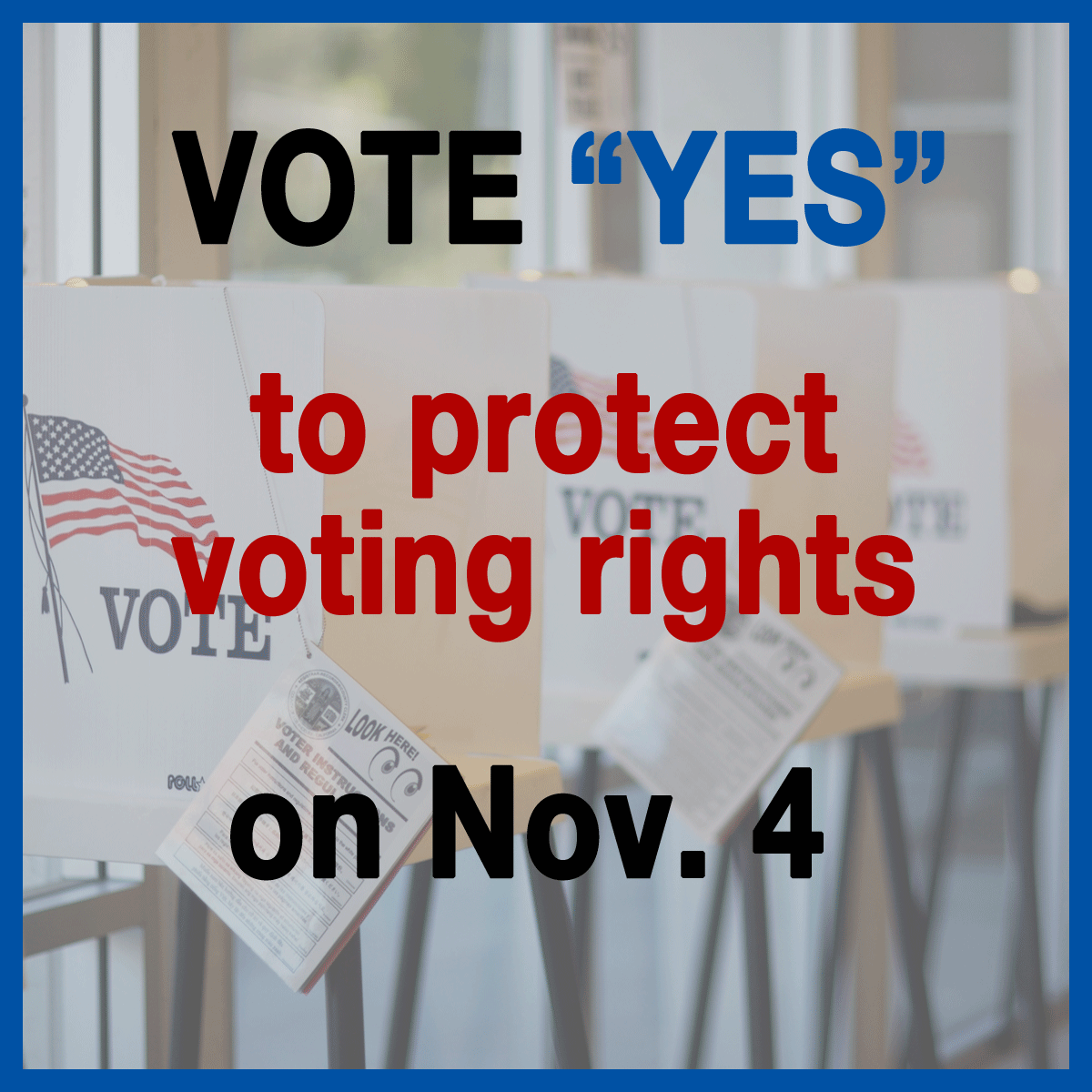Over the weekend, the State of Illinois announced that it too would impose a mandatory quarantine on health care workers who return to Illinois after providing professional care to those suffering with Ebola in West Africa. In response to this announcement, ACLU of Illinois Executive Director Colleen Connell issued the following statement:
As we continue to gather information about the State's plans for a quarantine policy related to Ebola, we urge such policy to be guided by public health care professionals, not politicians. Forcibly quarantining an individual who is not exhibiting symptoms of any disease is a dramatic step, fraught with numerous constitutional questions. A forced quarantine is, at its core, the deprivation of fundamental liberty. Government should not exercise this authority without clear standards (based on public health science) and without an ability to have a decision to quarantine reviewed. This is what our Constitution demands, and without appropriate due process there is a risk that the State will abuse its authority.
For all these reasons, the State of Illinois should be very cautious before it implements this policy.
Date
Monday, October 27, 2014 - 1:45pmFeatured image



